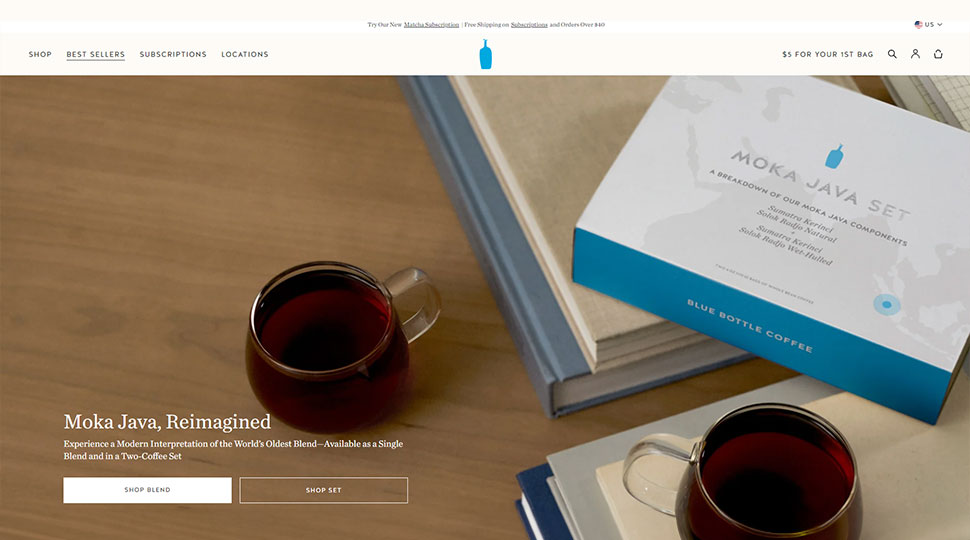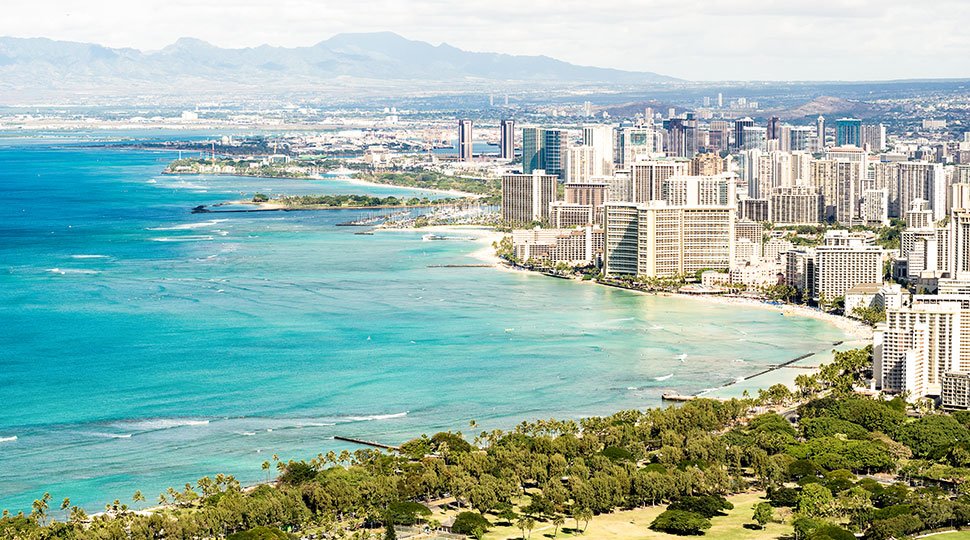The allure of Kona coffee, with its smooth flavor and rich aroma, has captivated coffee connoisseurs worldwide for generations and is a staple in the Hawaiian coffee industry. With over 600 million cups consumed globally each day, it’s no wonder that the demand for high-quality coffee continues to grow (Hawaiian Coffee Association).
As a leading producer of specialty coffees, Hawaii is poised to take its rightful place as a major player in this lucrative market.
The Hawaiian coffee industry has been steadily gaining momentum, driven by a surge in local interest and support for sustainable farming practices.
Overview of the importance and popularity of coffee in Hawaii
Coffee has long been an integral part of Hawaiian culture and economy. With its rich volcanic soil, moderate climate, and abundant rainfall, the islands provide an ideal environment for cultivating high-quality Arabica beans.
Today, Hawaii is home to a thriving coffee industry that supports thousands of local farmers, roasters, and entrepreneurs.
From small-batch roasters to large-scale commercial operations, the industry is comprised of dedicated individuals who share a passion for producing exceptional coffee.
Supporting the Hawaiian Coffee Industry
Local businesses supporting Hawaiian farmers and roasters
One key factor in the success of the Hawaiian coffee industry is the growing number of local businesses that are committed to supporting local farmers and roasters. These companies recognize the value of partnering with small-scale producers who prioritize quality over quantity, ensuring that every cup of Kona coffee is a reflection of the land and its people.
By sourcing high-quality beans from trusted suppliers, these businesses help maintain the integrity of Hawaii’s unique coffee culture.
Government initiatives to promote and protect local coffee production
The Hawaiian government has also taken steps to support the growth and development of the coffee industry.
Initiatives such as the Kona Coffee Belt Program aim to promote sustainable farming practices, improve soil health, and reduce environmental impact.
Additionally, the state’s Department of Agriculture provides resources and training for farmers, helping them adapt to changing market conditions and consumer preferences.
Use of technology to increase efficiency and productivity for farmers
In recent years, the adoption of advanced technologies has transformed the way Hawaiian coffee farmers approach their craft. From precision irrigation systems to mobile apps that track soil moisture and temperature, these innovations enable farmers to optimize crop yields while minimizing waste.
By leveraging technology, farmers can focus on what they do best – cultivating exceptional coffee beans – while enjoying improved efficiency, productivity, and profitability.
Promoting the Hawaiian Coffee Industry
Increase focus on marketing campaigns that highlight unique aspects of different types of coffees from Hawaii
The success of the Hawaiian coffee industry is not solely dependent on producing high-quality beans, but also on effectively promoting them to a global audience.
To address this challenge, industry stakeholders are increasing their focus on targeted marketing campaigns that showcase the unique characteristics and benefits of Hawaiian coffees. From highlighting the distinct flavor profiles of Kona, Ka’u, and Maui coffee beans to emphasizing the environmental sustainability of small-scale farming practices, these efforts aim to differentiate Hawaii’s specialty coffees from those grown in other regions.

Utilize social media platforms to connect customers with producers, retailers, as well as provide information about upcoming events or product launches
Social media has emerged as a crucial channel for promoting the Hawaiian coffee industry. Industry players are leveraging platforms like Instagram, Facebook, and Twitter to share engaging content that showcases their products, production processes, and people.
By building connections with customers, producers, and retailers, these efforts help foster a sense of community and loyalty around Hawaiian coffees. Additionally, social media provides an effective means for promoting upcoming events, such as coffee tastings, festivals, and product launches.
Support organizations that are dedicated to educating consumers about specialty coffees grown in Hawaii
Education is key to building a loyal customer base for Hawaiian specialty coffees.
To address this need, industry stakeholders are supporting organizations that provide education and training on the characteristics, benefits, and production methods of high-quality coffee beans grown in Hawaii.
These initiatives help equip consumers with the knowledge they need to appreciate the unique qualities of Hawaiian coffees and make informed purchasing decisions.
The Last Drop
The Hawaiian coffee industry is not only a vital part of the state’s economy but also a symbol of its rich cultural heritage. By supporting local farmers and roasters, promoting sustainable production practices, and leveraging technology to increase efficiency and productivity, the industry has made significant strides in recent years.
As demand for specialty coffees continues to grow, it is essential that stakeholders remain committed to promoting and protecting Hawaii’s unique coffee culture. Whether through targeted marketing campaigns, social media engagement, or education and training initiatives, there are many ways to support this vital industry.
The Hawaiian coffee industry has faced numerous challenges in recent years, including fluctuating market prices, increased competition from other regions, and the need for sustainable production practices. Despite these obstacles, the industry has made significant progress through a combination of local business support, government initiatives, and innovative technology adoption. As demand for specialty coffees continues to grow, it is essential that stakeholders remain committed to promoting and protecting Hawaii’s unique coffee culture.
- Support local farmers and roasters by purchasing high-quality Hawaiian coffee beans
- Learn about the production methods and characteristics of different types of Hawaiian coffees
- Engage with social media platforms to stay up-to-date on industry news, events, and product launches
- Consider visiting Hawaii to experience the islands’ unique coffee culture firsthand








